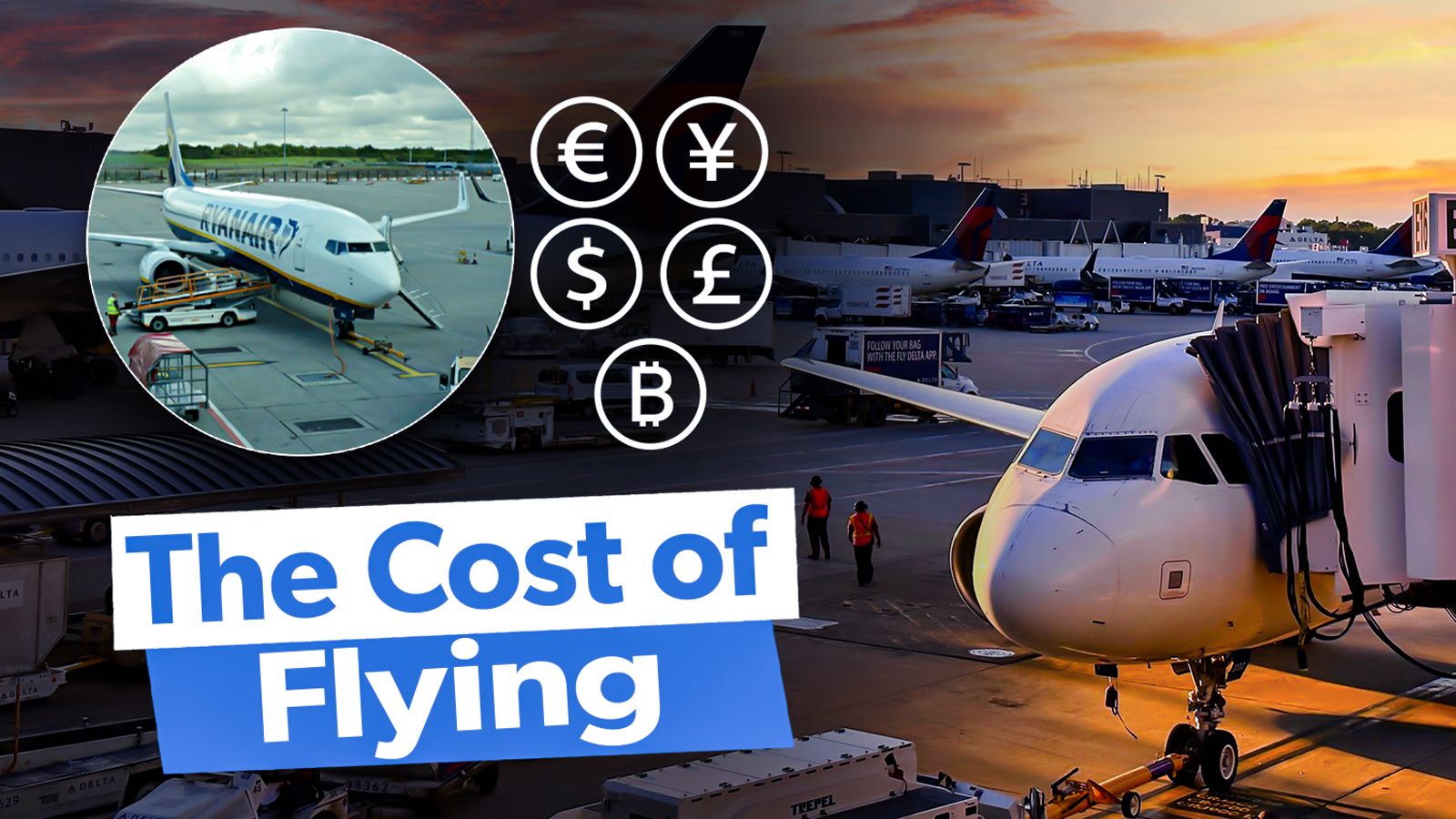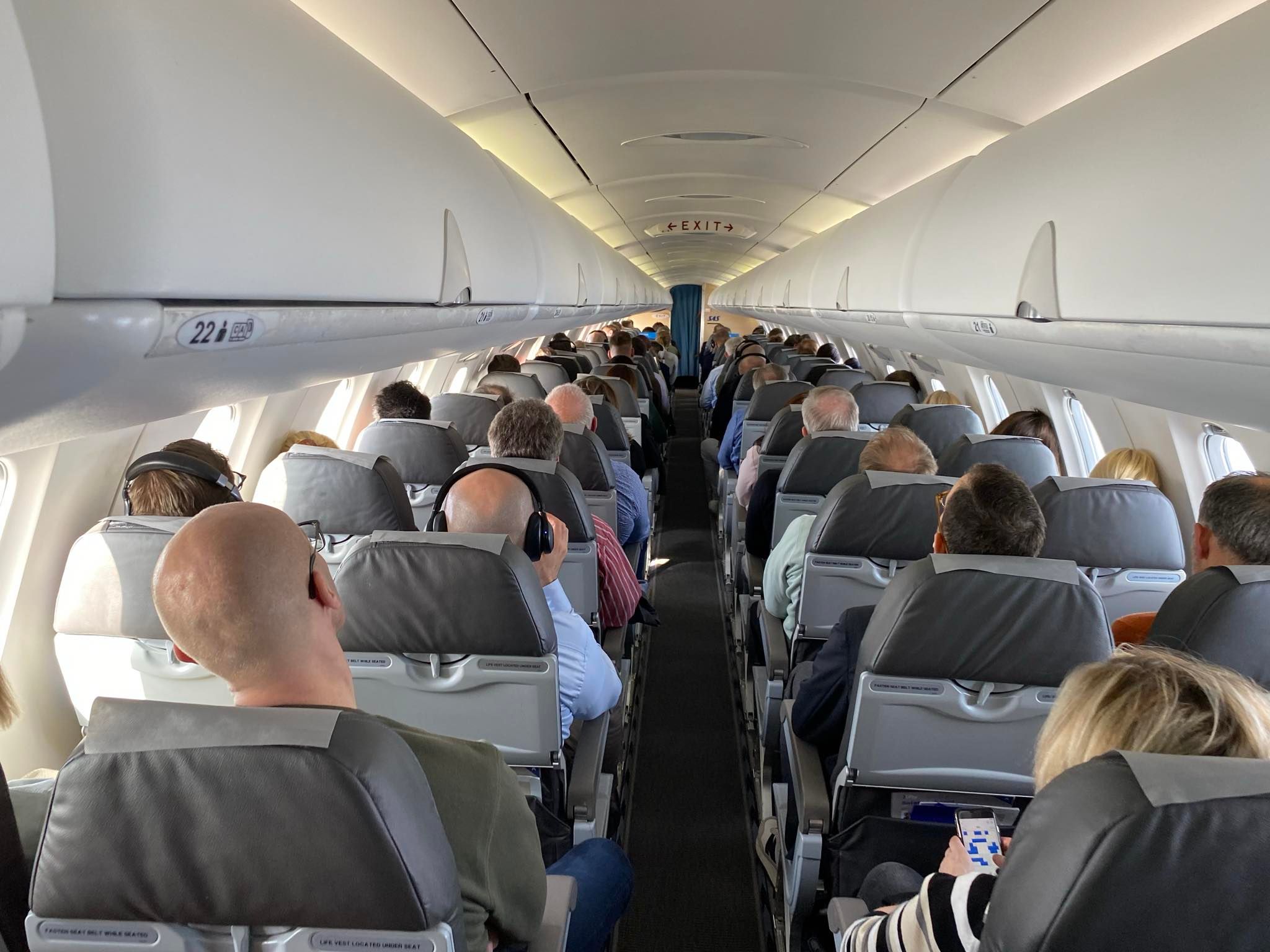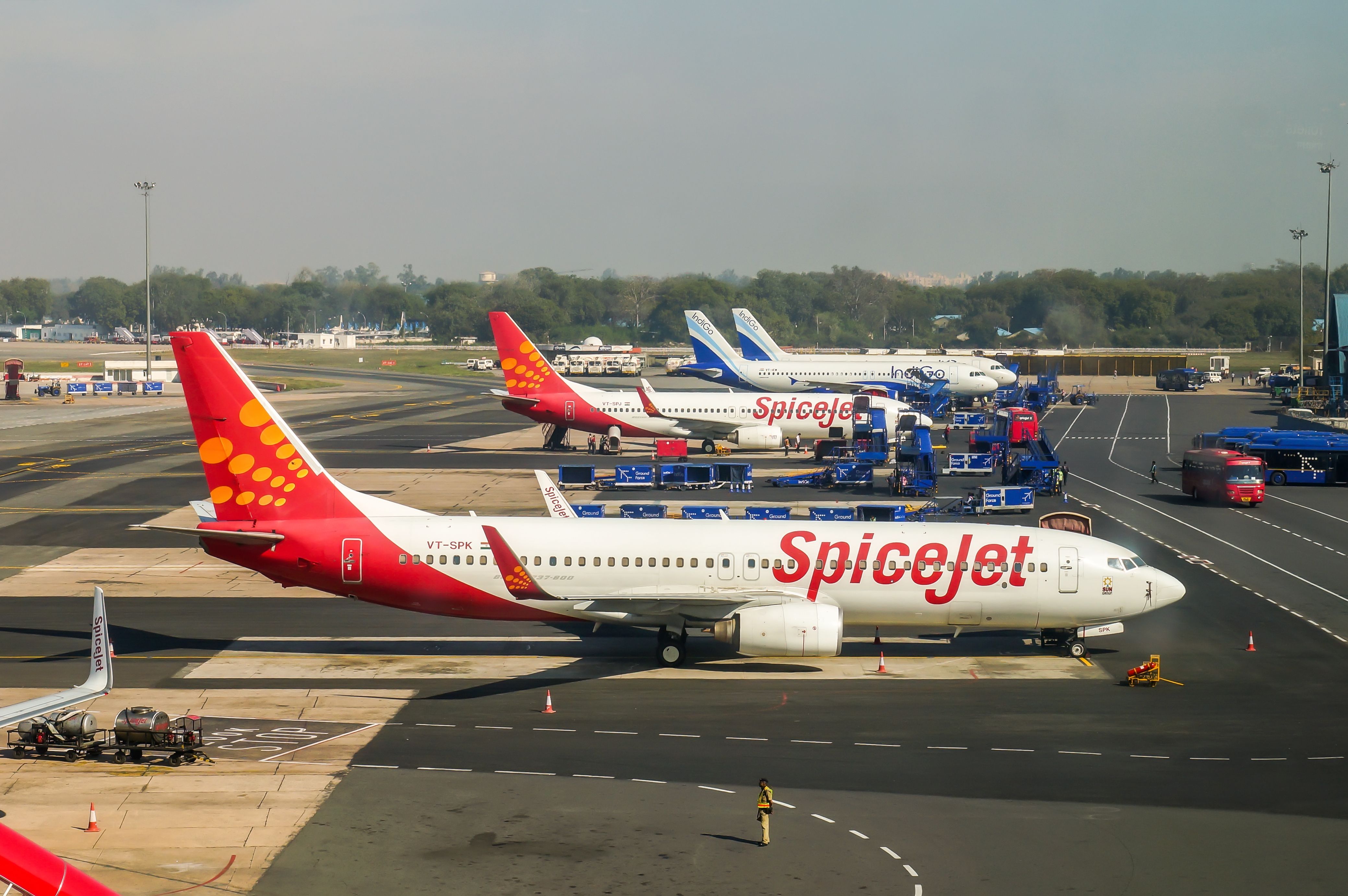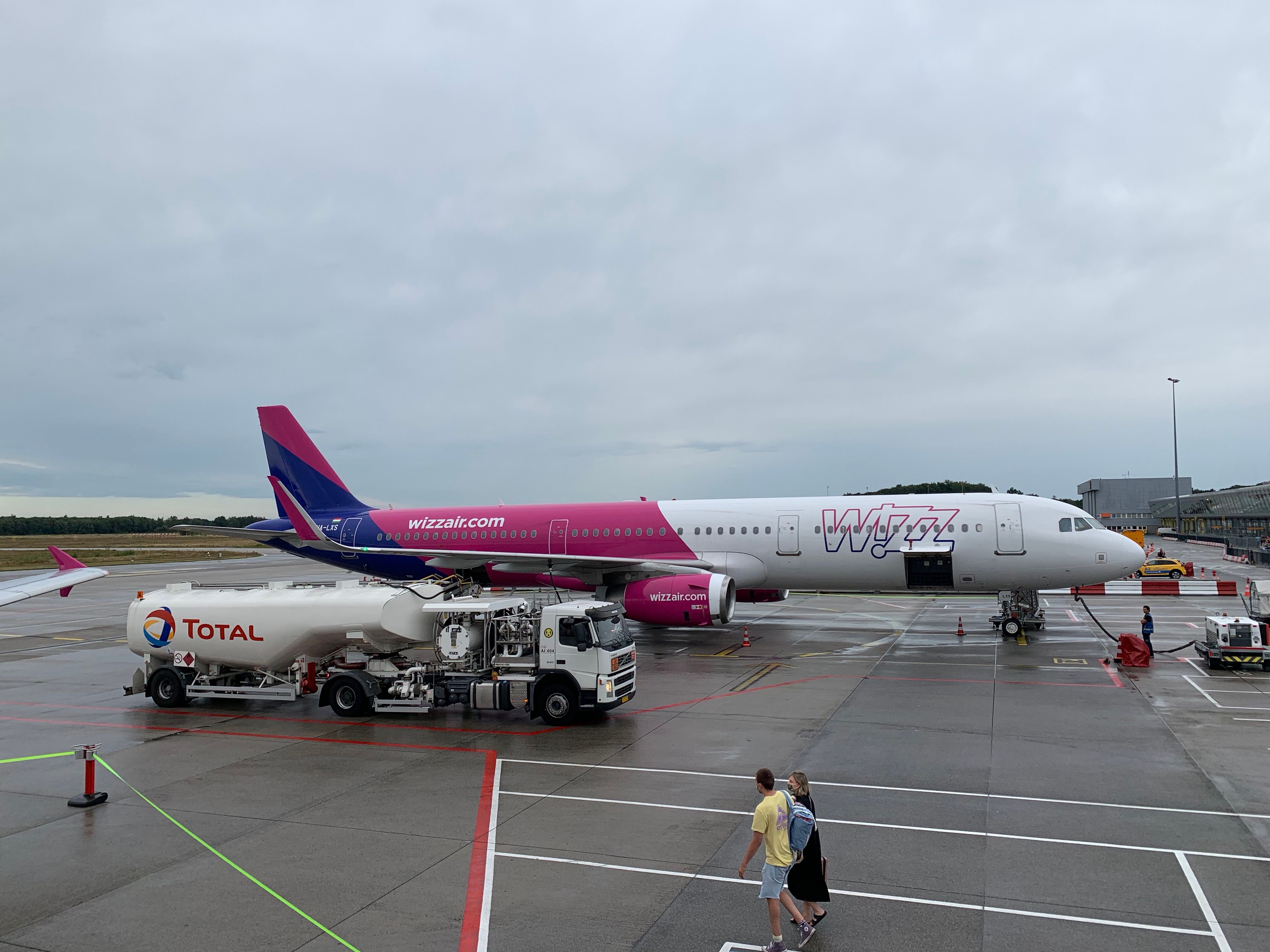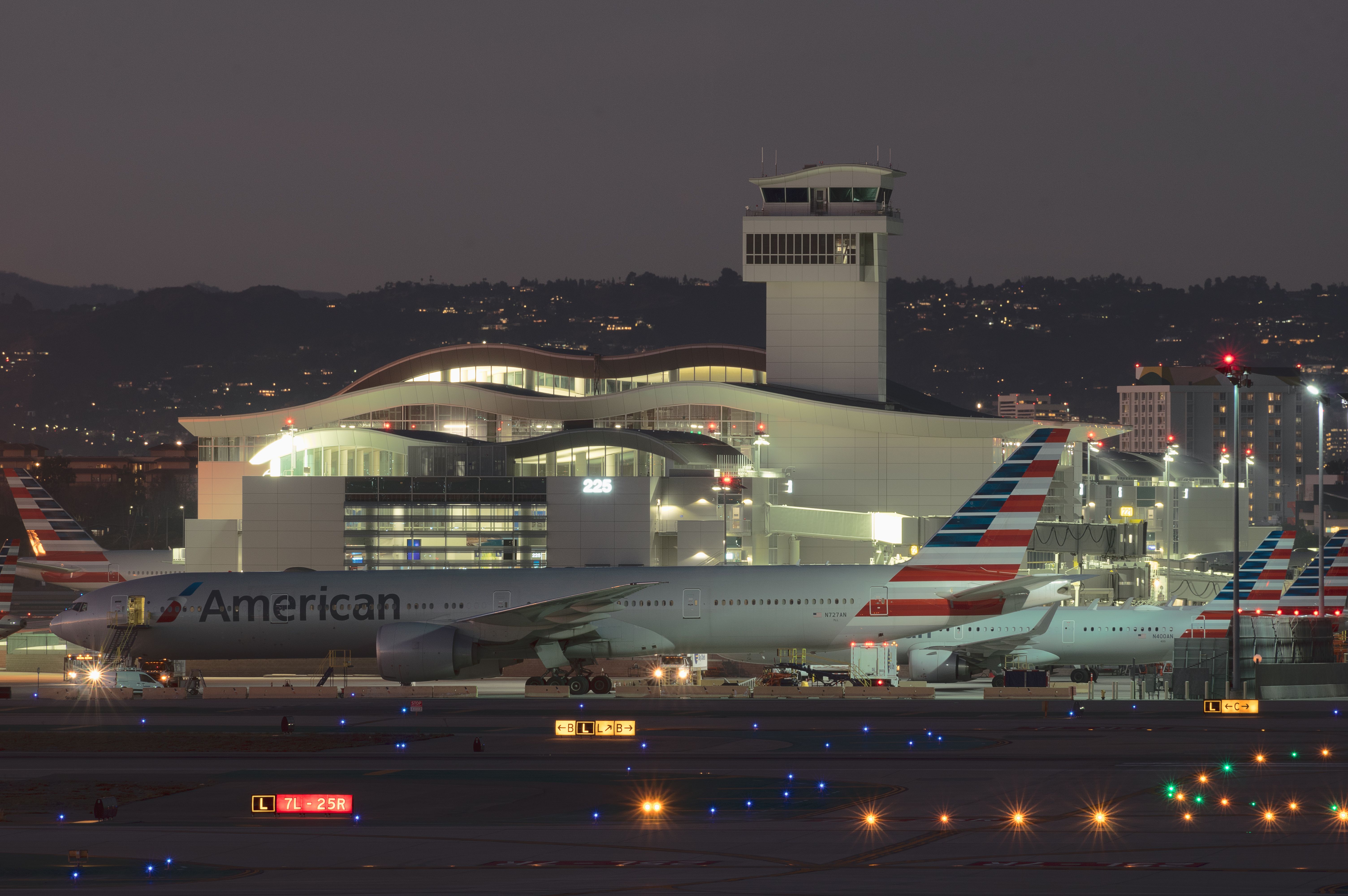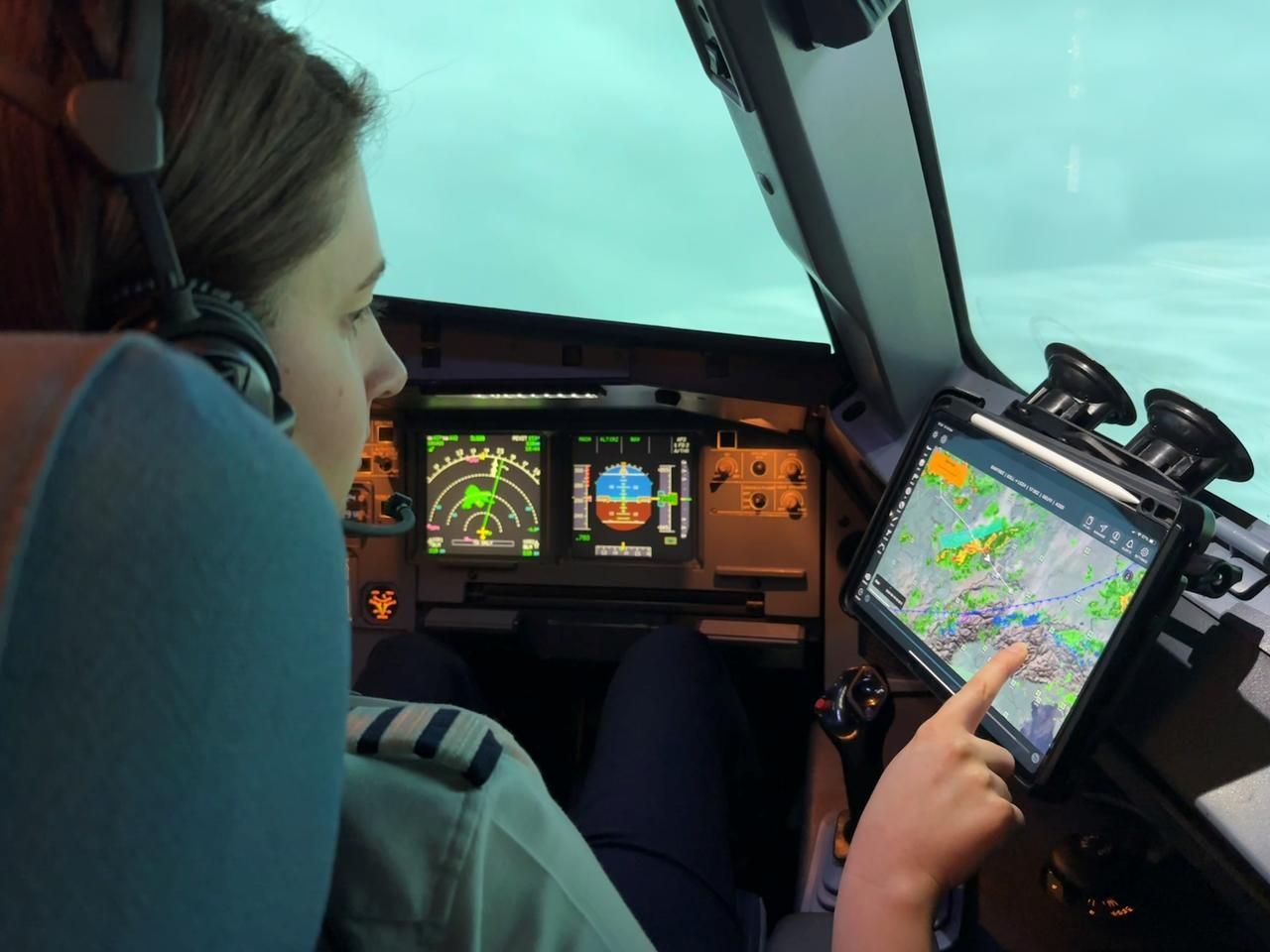Summary
- Seasonality disproportionately impacts airfare prices from peak to off-peak seasons.
- Airline competition can drive ticket prices down due to competition among carriers.
- Fuel price fluctuations affect a significant portion of airlines' operational expenses.
The global aviation industry has largely recovered from the pandemic-related operational disruptions. While the demand for air travel has increased more than ever, ticket prices have hiked in recent years. Whether it is the cost of fuel, supply chain issues, or global inflation, end-users (air travelers) are paying significantly more for air travel.
Irrespective of the current situation, what are some of the factors that impact ticket prices? Simple Flying compiled a list of factors significantly affecting how much passengers pay for their tickets. The information is acquired from various sources, including Aerotime Hub, AviationFile, and Statista.
1 Seasonality
Peak travel seasons see hiked airfares
- Travel during off-peak seasons
- Opt for midweek flights
- Choose red-eye or early-morning flights
One of the most significant factors affecting ticket prices is seasonality. During peak travel seasons, such as summer vacations and winter holidays, airfares are generally hiked. International air travel tickets to and from the United States are approximately 15-20% higher beginning in May, particularly after the Labor Day weekend in the US.
The hiked fares remain in effect up until the first week of August, after which there is a slight drop. February, March, September, and October are relatively cheaper months for international air travel. Irrespective of the season, midweek flights generally cost less than weekend ones. Similarly, airfares vary based on the time of the day, with red-eye and early morning flights costing less.
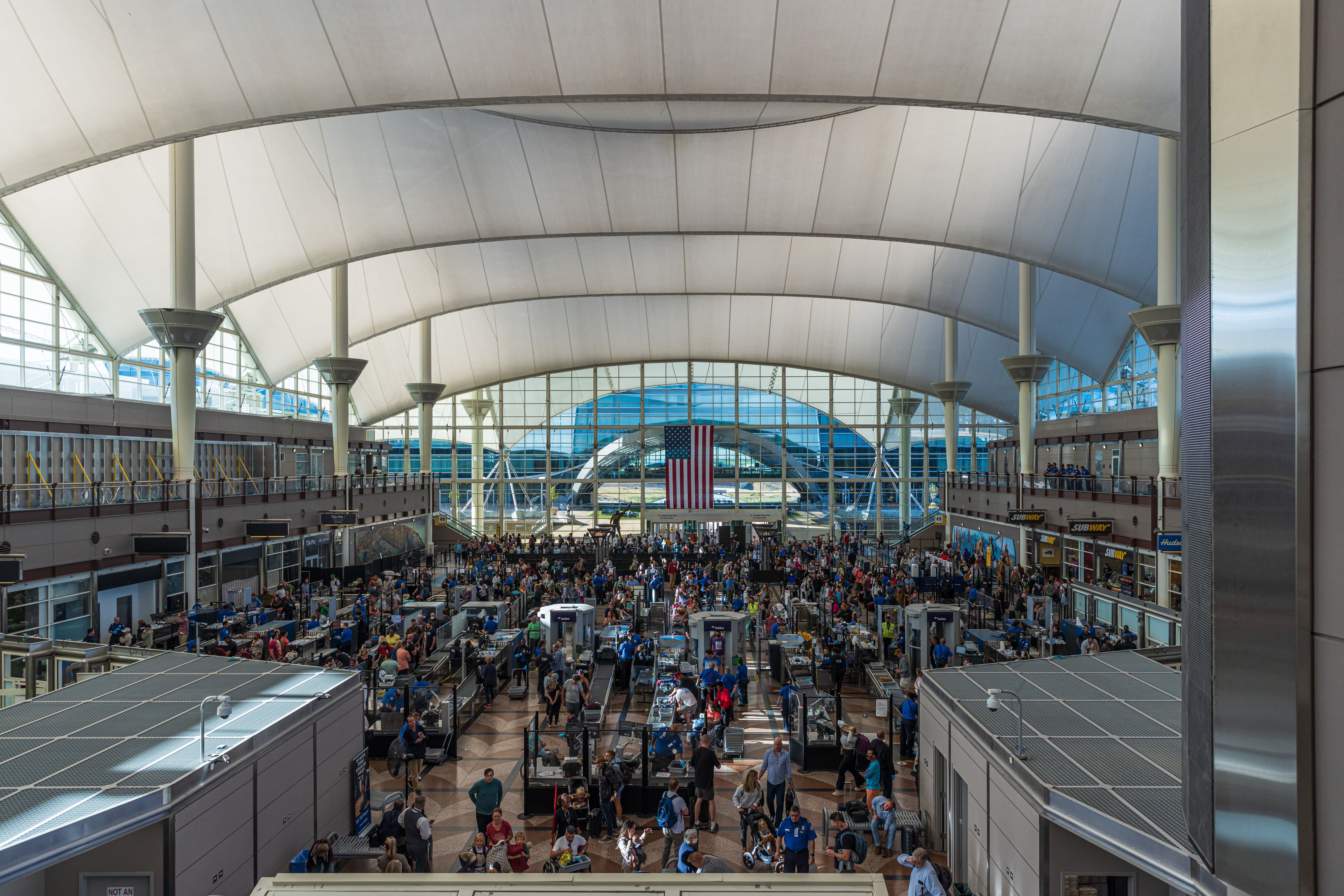
Fast-Track Security In The Summer Peak: Unnecessary, Vital, Or Somewhere In Between?
Expedited security screening is beneficial in ensuring smooth passenger flows in congested airports – but some might question its effectiveness.2 Airline competition
Greater competition means lower airfares
- Look for airline competition on the route
- Compare various airfares
- Select the best airline/route according to your needs
Popular routes that many airlines serve generally offer cheaper fares than routes where one or two operators dominate. Having a large competition may also mean that both the full-service carriers and budget carriers operate on the route. As such, travelers can select routes and fares based on their needs.
For example, a budget carrier may offer a cheaper fare but charge big bucks for ancillaries, including seat selection and baggage. On the other hand, a legacy carrier may offer a greater fare but have some ancillary products and services included in the fare. Travelers should look for the airline competition on the route and choose their tickets based on their specific needs.
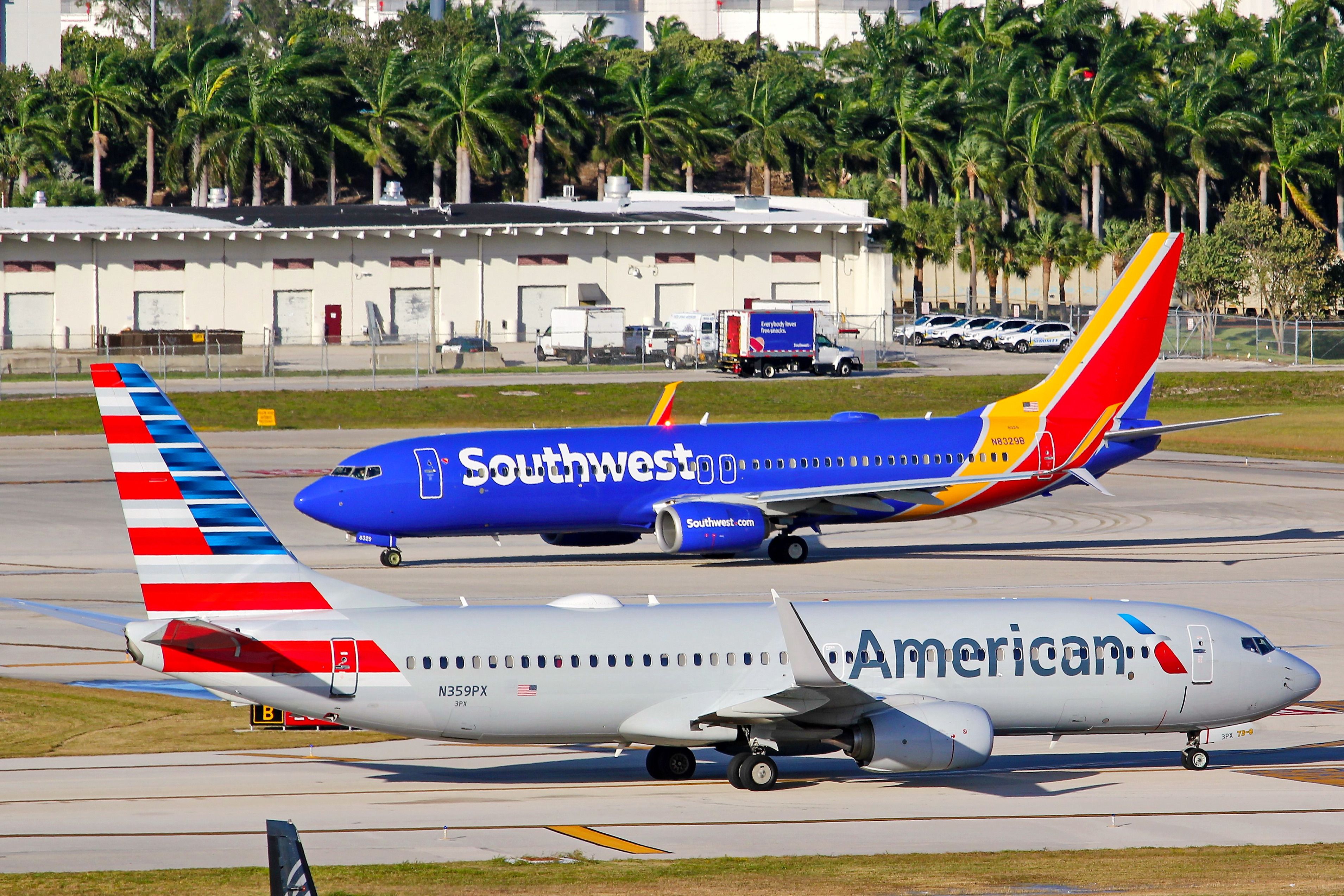
The Difference Between Full Service & Low Cost Carriers
There are bigger differences than people realize.3 Fuel prices
Fuel costs are approximately 25% - 35% of the airline’s expenses
| US Airlines fuel cost | Price per gallon (USD) |
|---|---|
| 2023 | $3.14 |
| 2022 | $2.96 |
| 2021 | $1.98 |
| 2020 | $1.43 |
| 2019 | $2.01 |
| 2018 | $2.15 |
| 2017 | $1.69 |
| 2016 | $1.45 |
| 2015 | $1.84 |
| 2014 | $2.32 |
The cost of fuel comprises more than a quarter of an airline’s operational expenses. While airlines aim to hedge fuel in advance to minimize fluctuations in ticket prices, it is a factor that becomes somewhat impossible to control for day to day flight operations. Fuel cost becomes one of the largest factors affecting ticket prices.
During the peak of the pandemic, the jet fuel prices were below $1 a gallon. However, in the last two years, fuel prices have considerably gone up, driving air ticket prices much higher. Due to the influence of global geopolitics and supply chain issues, foreseeing fuel prices can be challenging for air travelers. Nonetheless, leisure travelers can take advantage of lower fuel prices.
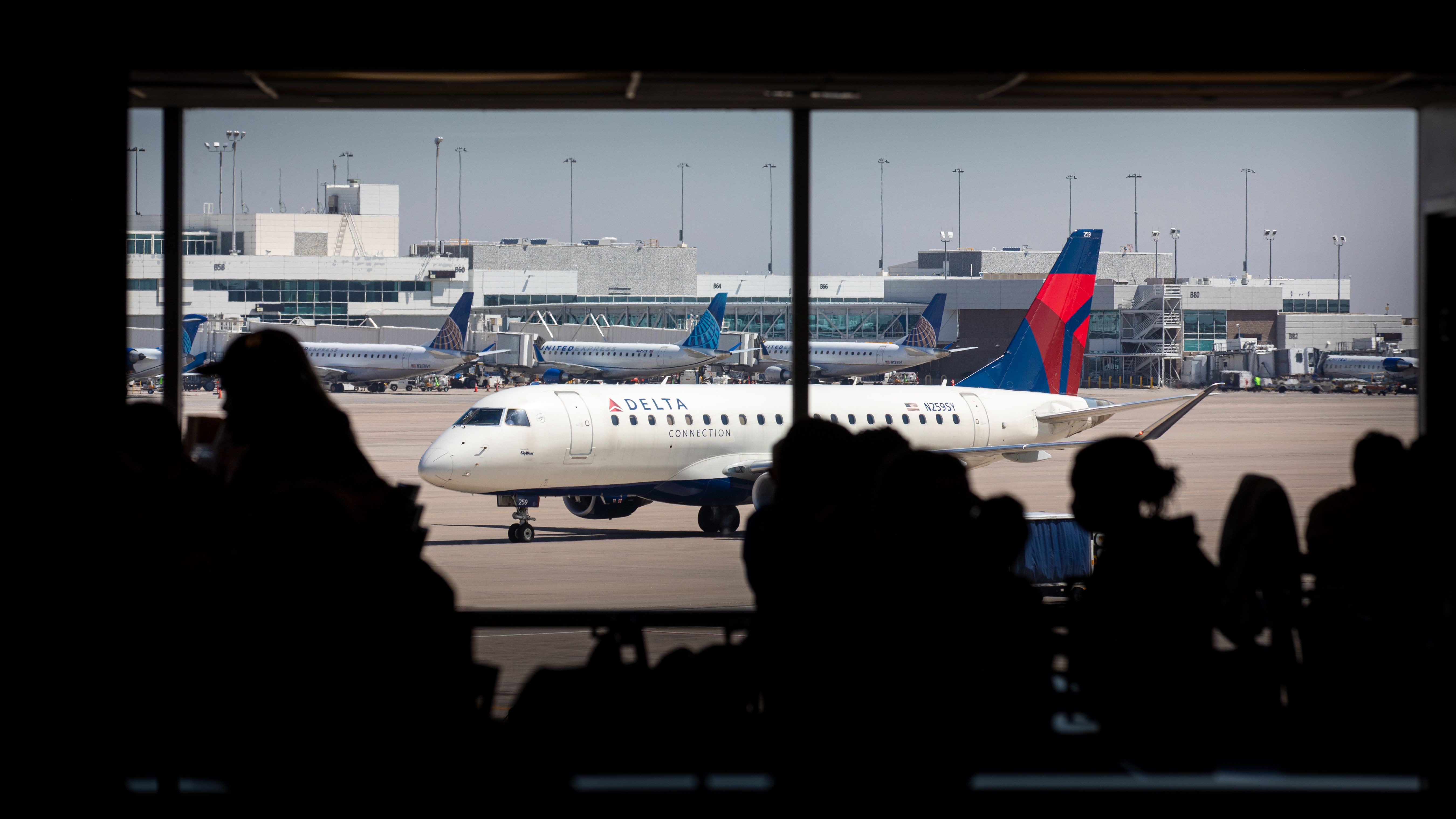
IATA Shares How Airline Ticket Prices Are Comparing To Inflation & Jet Fuel Costs
It seems the prices will only get higher.4 Time of booking
Airfares are generally hiked closer to the travel date
- Plan your trip and book early
- Book your flights on a weekday
- Book at least 3-4 weeks in advance for domestic travel
- Book at least 6-8 weeks in advance for international travel
Time of booking greatly influences ticket prices. Airlines use specialized algorithms that gradually increase ticket prices as the flight date gets closer. The algorithms also take into account the number of seats booked on the flight. If the percentage of booked seats meet the set criteria, the ticket price will increase gradually.
Air travelers must plan and book their flights early to avoid hiked prices. Expedia, a renowned travel site, suggests that domestic travel must be booked at least 3-4 weeks in advance, whereas 6-8 weeks before the travel date is sufficient for international travel to avoid price hikes. Historically, booking air tickets on a weekday rather than a weekend has shown cheaper fares.
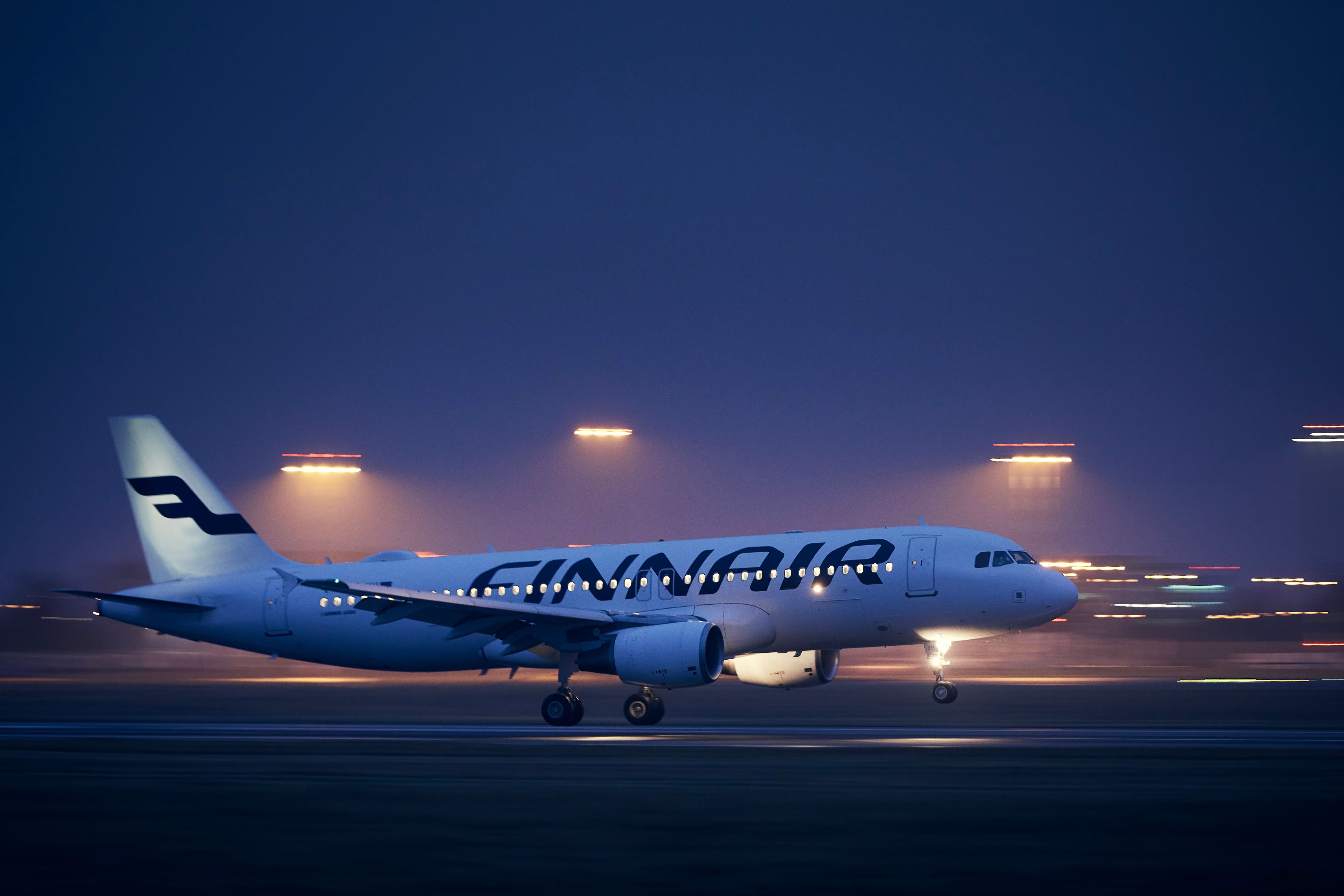
What Is A Red Eye Flight? The Pros & Cons Of Flying Overnight
Do you like traveling overnight?5 External factors
Circumstantial or environmental factors can affect ticket prices
- Political events
- Natural disasters
- Sport events
- Inclement weather
- Route accessibility
- Abrupt demand or lack thereof
Apart from the most influential factors, there are often a wide range of external factors that affect ticket prices. For example, the global pandemic greatly affected the cost of air travel due to supply and demand dynamics. Major sporting events can result in hiked air tickets at an airport or a region.
Weather-related issues can also affect the overall cost of air travel. With poor accessibility to the area or a specific airport, airlines can monopolize the route and charge hefty amounts. In some cases, an abrupt spike in demand or lack thereof can influence ticket prices. Travelers must consider multiple options to avoid paying hiked prices.
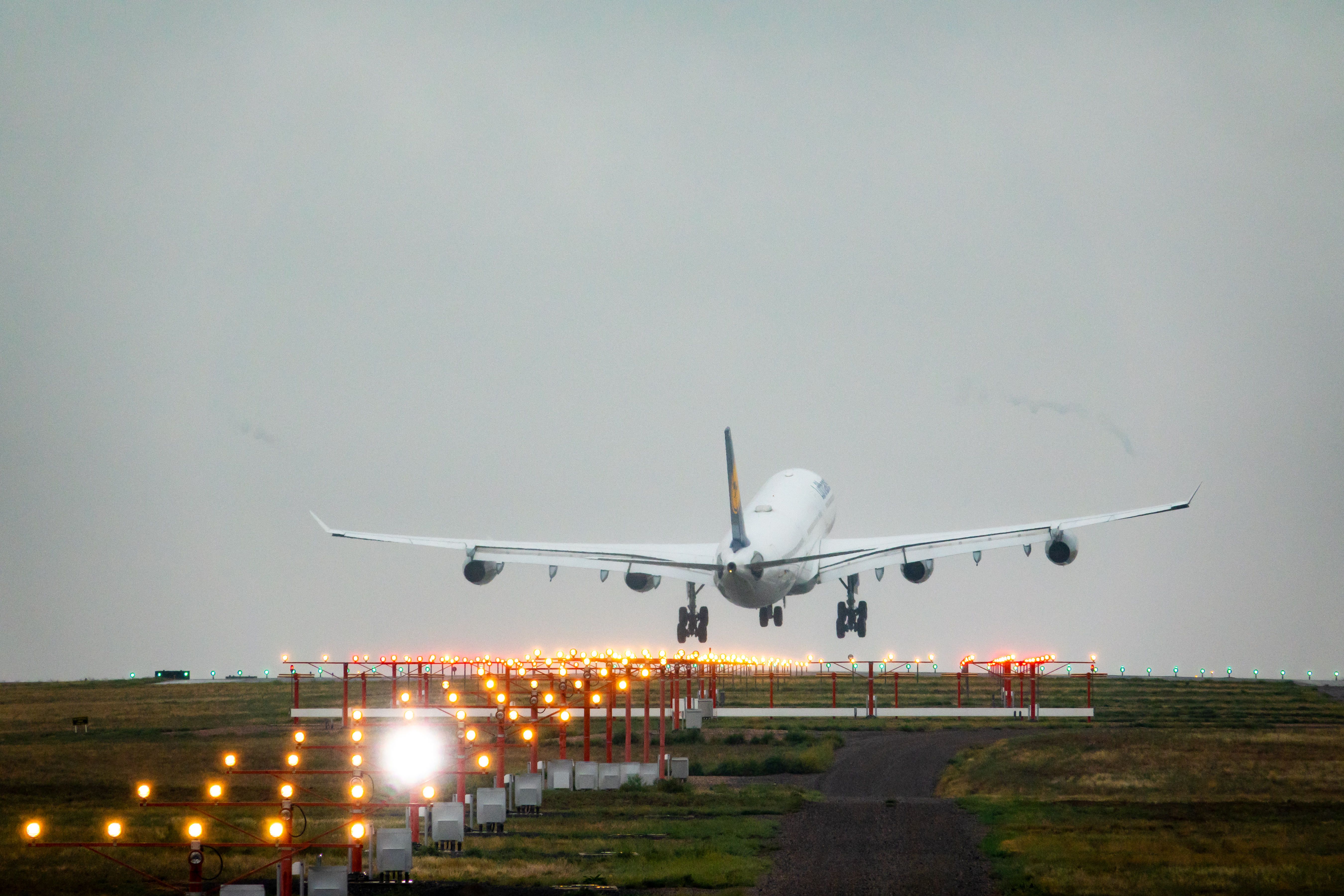
Groundstop Issued At Denver International Airport Due To Inclement Weather
Severe thunderstorms battered Denver, requiring flights to be paused for part of the afternoon.What are your thoughts on the factors influencing air ticket prices? Have you encountered a scenario where airfares were influenced by one of these reasons? Share your experience in the comments section.

